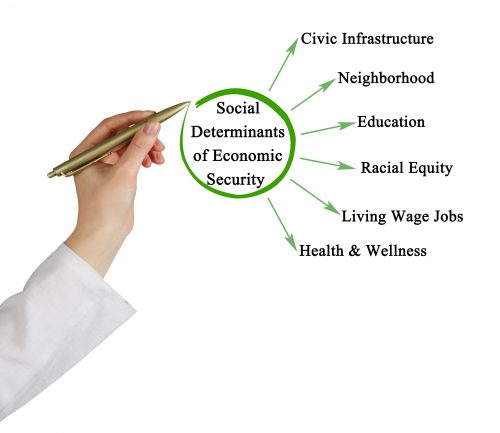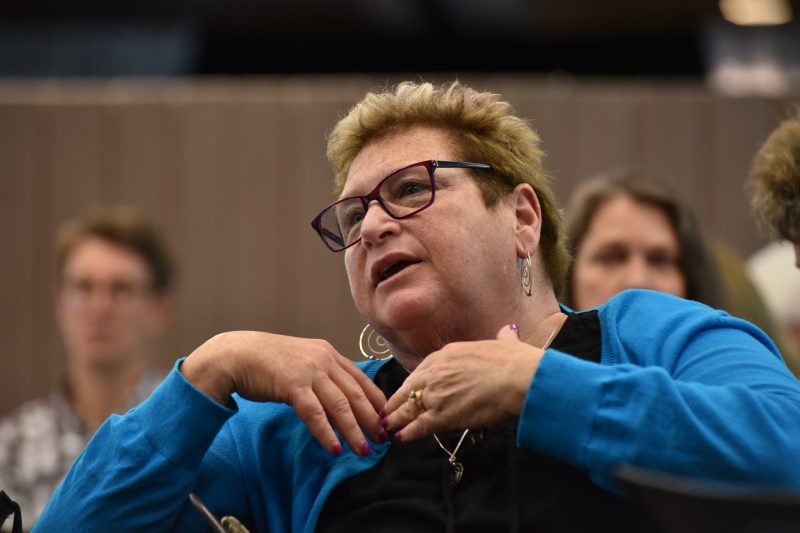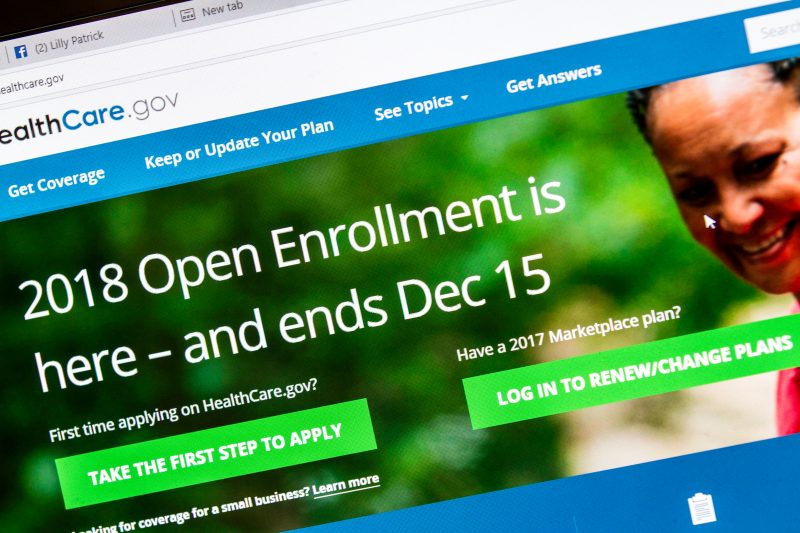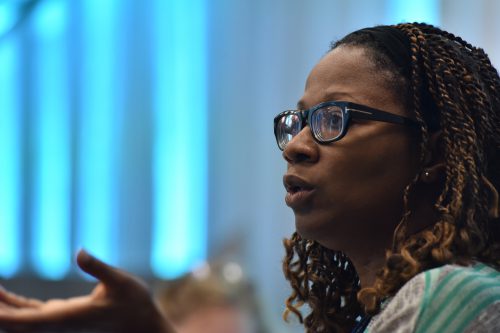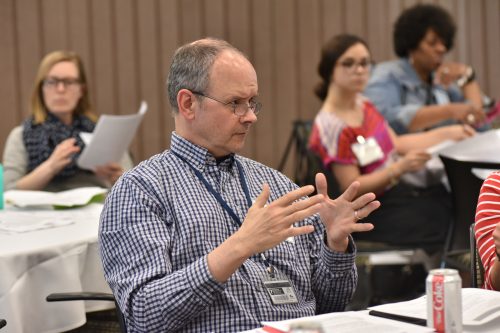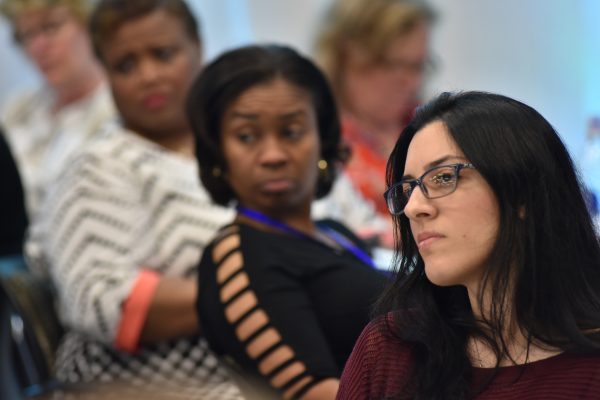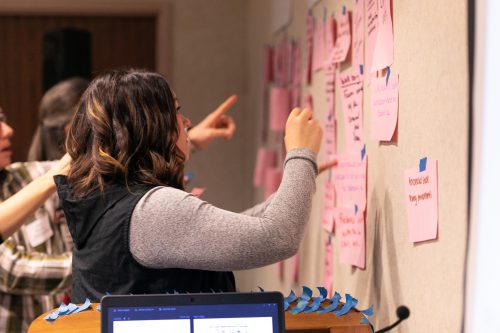Events
The WHI event calendar includes details about workgroup and stakeholder activities. Each WHI workgroup meets regularly to advance its vision and improve community health, health equity, and health care.
Senior Services Work Group
CHRT Offices – The Dome 4251 Plymouth Road, Ann Arbor, MIThe Senior Services Work Group formed in late 2016 to identify senior service needs, to determine the cause of those needs, and to begin to address those issues so that Washtenaw County seniors–regardless of race, gender, or socioeconomic status–can experience healthy aging. RSVP to attend.
Social Determinants of Health Screenings and Referrals
CHRT Offices – The Dome 4251 Plymouth Road, Ann Arbor, MIAs part of Michigan’s State Innovation Model (SIM), the Michigan Department of Health and Human Services asked hundreds of health care providers to annually screen their patients for social needs including: food security, housing, financial strain, transportation, literacy, and utilities such as water, heat, and electricity. As patients reveal needs, these health care providers offer referrals to existing services ... Read more
WHI Officers Committee
Howell, MIMembers of the Washtenaw Health Initiative Officers Committee meet monthly to discuss emerging challenges and priorities for future work. These meetings alternate between locations in Ann Arbor and Howell, Michigan.
Opioid Project Executive Committee Meeting
CHRT Offices – The Dome 4251 Plymouth Road, Ann Arbor, MIA volunteer organization, the Washtenaw County Opioid Project brings concerned community members together with professionals from law enforcement, public health, community mental health, treatment programs, and hospitals to combat opioid misuse and overdose while meeting the needs of those living with chronic pain. Believing that every person has a part to play in ending the ... Read more
Hospital community health investments (UNITE)
CHRT Offices – The Dome 4251 Plymouth Road, Ann Arbor, MIThe Washtenaw Health Initiative's (WHI) Unified Needs Assessment and Implementation Plan Team Engagement (UNITE) Group, launched in 2015 by the region’s largest non-profit hospitals, works to identify Washtenaw County health needs, prioritize those needs with the goal of advancing public health and health equity, and inform hospital-driven activities that are designed to address priority needs.
Medicaid and Marketplace Outreach and Enrollment
Washtenaw County United Way 2305 Platt Road, Ann Arbor, MI, United StatesMembers of the Washtenaw Health Initiative's Medicaid/Marketplace Outreach and Enrollment work group will meet to discuss ongoing work, which focuses on helping vulnerable populations in Washtenaw County apply for the health insurance they require.
May 2019 Stakeholders Meeting
Washtenaw Community College, Morris Lawrence Building 4800 East Huron River Drive, Ann Arbor, MI, United StatesWHI's quarterly stakeholder meetings offer an opportunity for community members to learn about, and weigh in on, important public health challenges and the strategies local organizations are using to address them. RSVP to attend.
WHI Steering Committee
CHRT Offices – The Dome 4251 Plymouth Road, Ann Arbor, MIThe 22 organizational and community members of the Washtenaw Health Initiative Steering Committee meet monthly to provide strategic oversight for the initiative and to set program priorities. Meeting agendas and minutes are regularly posted and available online.
SIM Hublet Care Coordinators Meeting
Learning Resource Center 4135 Washtenaw Avenue, Ypsilanti, MI, United StatesThe Livingston/Washtenaw County social and medical care coordination initiative is a highly collaborative project, developed with more than a dozen local health and human service organizations that serve clients with complex health and social concerns. Each month, care coordinators from these organizations come together to discuss the project, including emerging challenges, new opportunities, and recent ... Read more
ABLe Change Convening III, Day 5
Dawn Farm, Community Barn 6633 Stony Creek Road, Ypsilanti, MI, United StatesAt the first ABLe Change convening in November, 2018, more than three-dozen participants worked to develop an overarching goal for long-term work that would increase community well-being, reduce harm from substance use, and identify metrics that will be used to evaluate progress. At the second convening, participants will design collective strategies to address barriers to community health and substance use recovery.


